Clarifying China's decision not to attend a Ukraine peace conference in Switzerland scheduled in mid-June, a spokesperson for the Chinese Foreign Ministry stated Monday that not attending it does not mean not supporting peace, adding that what matters is what kind of action that is being taken. The spokesperson stressed that China has been most firmly and actively committed to promoting talks for peace.
Hegemonism and power politics are not China's diplomatic style. There is no such thing as China pressuring other countries, spokesperson Mao Ning stressed, in response to comments made by Ukrainian President Volodymyr Zelensky at the Shangri-La Dialogue, where he claimed Russia and China are "attempting to undermine the peace summit in Switzerland."
China's position on the peace summit is fair and just, and does not target any party, certainly not this particular summit, Mao said.
In a separate response to a series of questions on the Ukraine crisis and the upcoming peace conference in Switzerland at a regular press briefing on Monday, the Chinese spokesperson said that whether one supports peace or not should not be judged by a particular country or on the basis of a particular meeting.
China sincerely hopes that a peace conference will not turn into a platform used to create bloc confrontation. Not attending it does not mean not supporting peace. For certain countries, even if they do participate, they do not necessarily whole-heartedly want the conflict to stop, Mao said.
China has never sat idly by or fueled the flames, still less profiteered from the conflict. Instead, we have worked relentlessly for a ceasefire, and this has been highly commended by various parties, including Russia and Ukraine, the spokesperson remarked.
Mao said that China has attached great importance to Switzerland's organizing the Summit on Peace in Ukraine from the very beginning and have been in close communication with Switzerland, Ukraine and other relevant parties on this.
"I noted that the Federal Department of Foreign Affairs of Switzerland acknowledged this publicly on May 31. I want to say that China's position is open, transparent, fair and just. We believe relevant parties can understand and support our position," Mao said.
Since the full escalation of the Ukraine crisis, China has maintained communication and cooperation with Ukraine. China is still Ukraine's largest trading partner. Our Embassy in Ukraine continues to function normally. China values its strategic partnership with Ukraine, the spokesperson said.
The spokesperson stressed that China has always maintained that the international peace conference needs to meet three important elements: recognition from both Russia and Ukraine, equal participation of all parties, and fair discussion of all peace plans.
As far as China is concerned, the meeting does not yet seem to meet these three elements and that is exactly why China would not be able to take part in the meeting, according to the Chinese spokesperson.
Chinese experts believe the upcoming peace conference has clearly demonstrated Ukraine's unilateral position, with the clear goal of further expanding international understanding of the so-called peace plan of the Ukrainian side.
The three elements reflect China's consistent understanding of a true peace conference. A true peace dialogue cannot just be in name, but more importantly, it must reflect peace in reality. However, from the current situation, it is difficult to achieve the goal of supporting peace if one side of the conflict is excluded, Cui Hongjian, a professor with the Academy of Regional and Global Governance with Beijing Foreign Studies University, told the Global Times on Monday.
Cui predicted that the gathering could be seen as a pivotal moment for Ukraine to launch a diplomatic offensive against Russia, yet it may be difficult to align positions and perspectives due to varying stances among participating nations.
The expert warned that if this conference is seen by Russia as a way for Ukraine to isolate it in the international community, it will clearly create more obstacles to opening a true path to peace for both sides.
Spokesperson Mao Ning on Monday also made a response denying Zelensky's claim that there were "elements of Russia's weaponry" that come from China.
China does not provide weapons to the parties to conflict and strictly controls the export of dual-use articles, Mao said.
The spokesperson continued by saying that normal trade with Russia is done aboveboard. It's consistent with WTO rules and market principles, and does not target any third party.
"I noted that there are statistics which show that over 60 percent of Russia's imports of weapon components and dual-use articles come from the US and other Western countries. President Zelenskyy himself also mentioned this in his remarks, Mao noted.








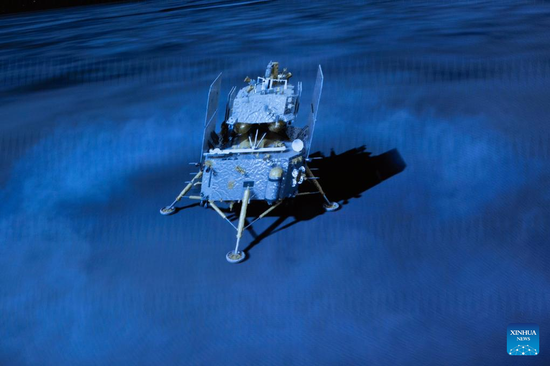
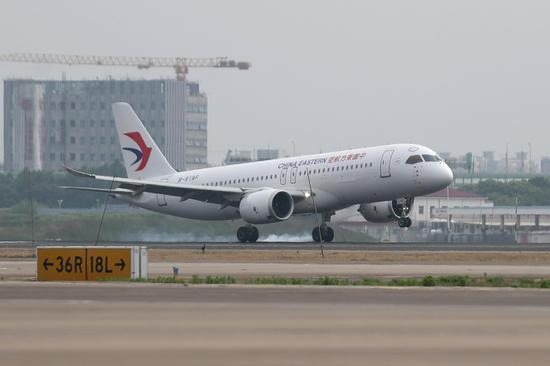

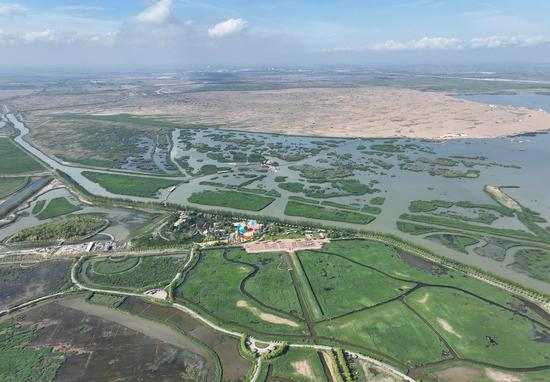
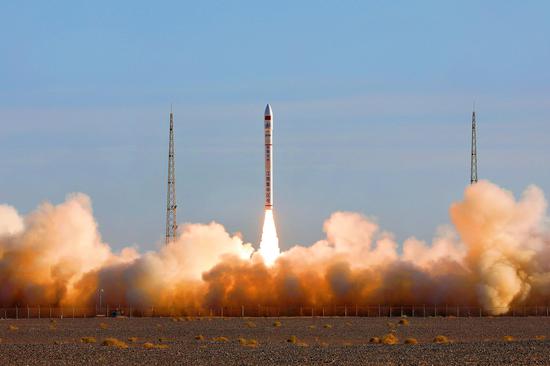
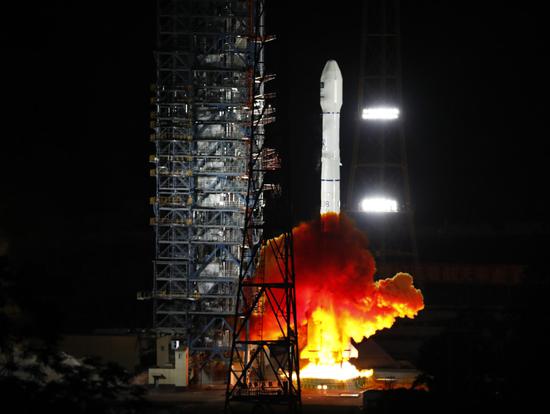
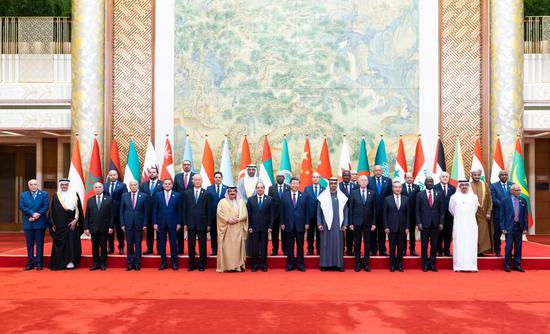
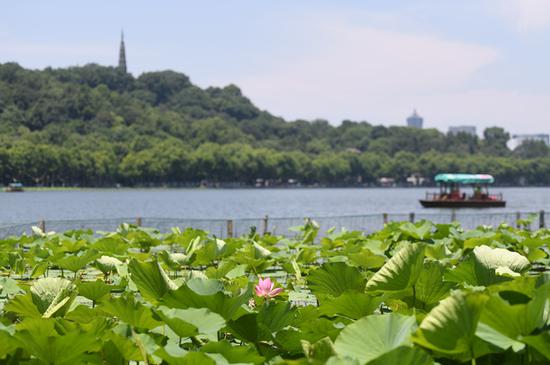
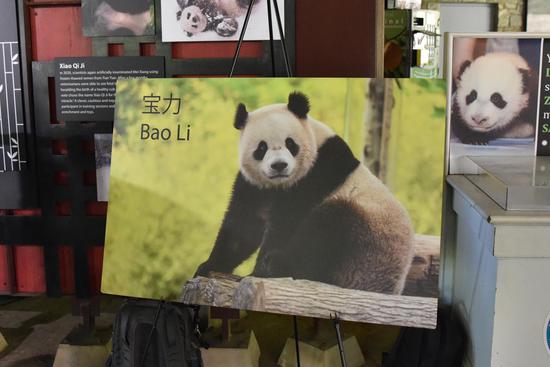
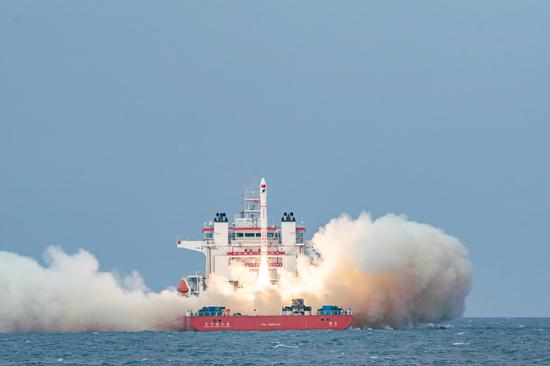
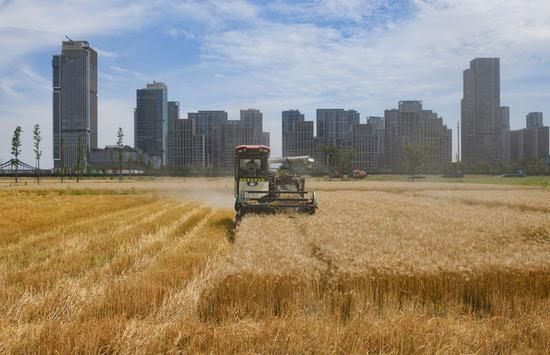
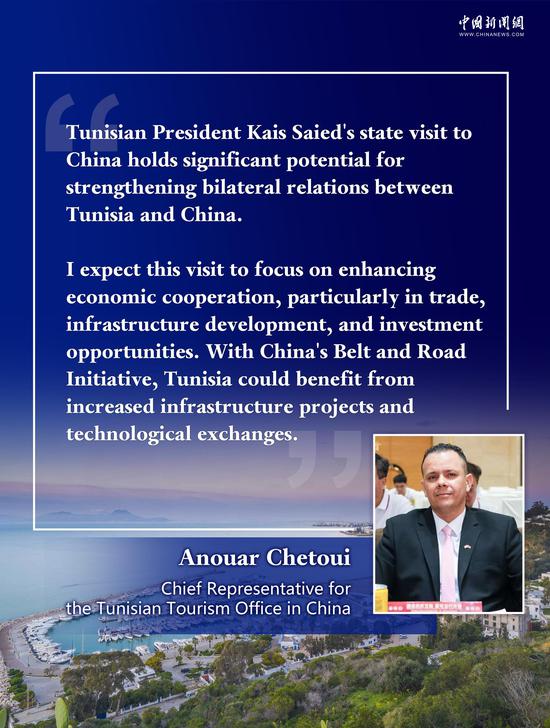

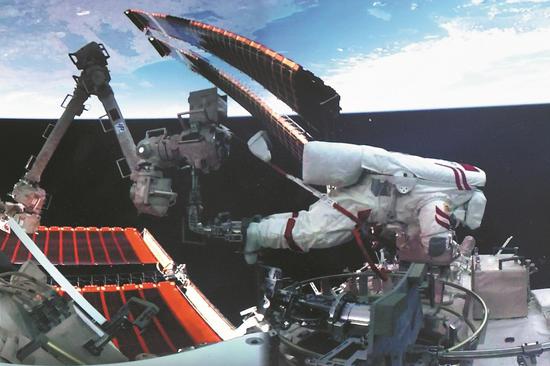

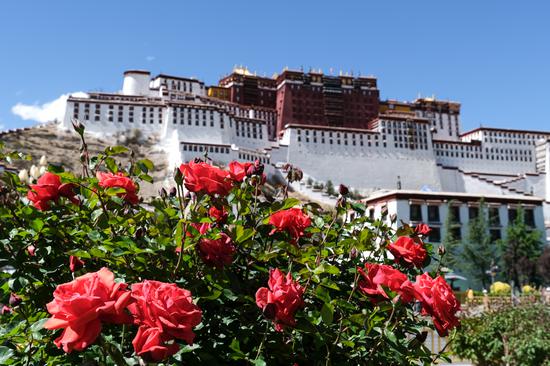
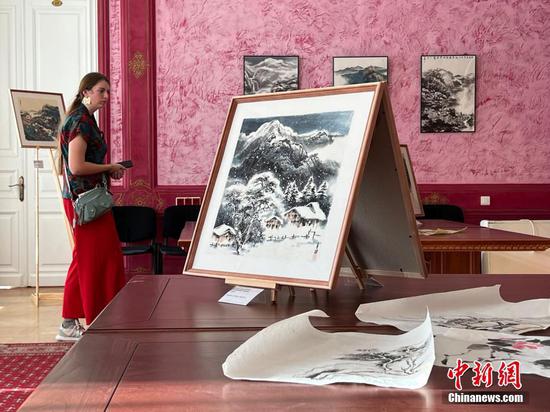

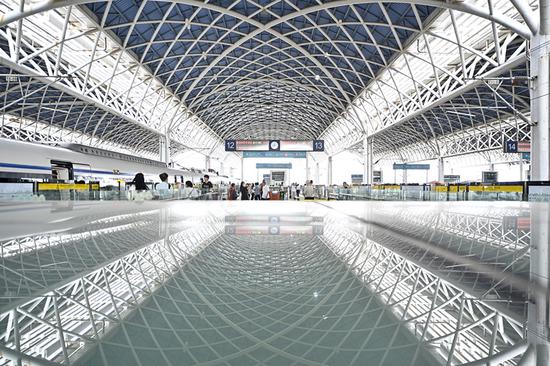
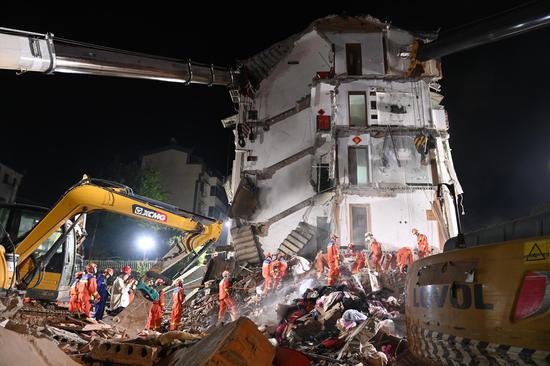
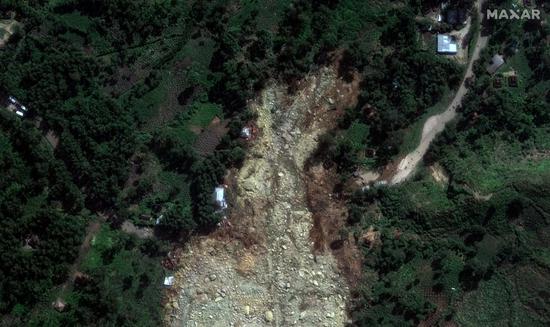

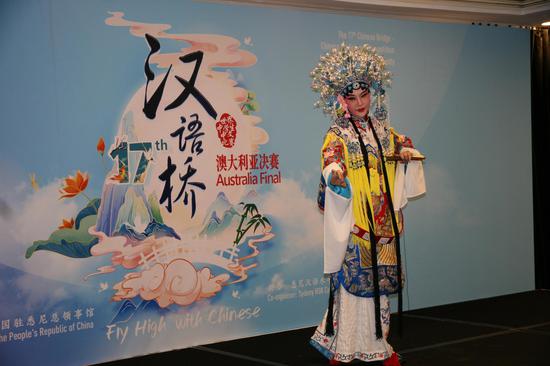
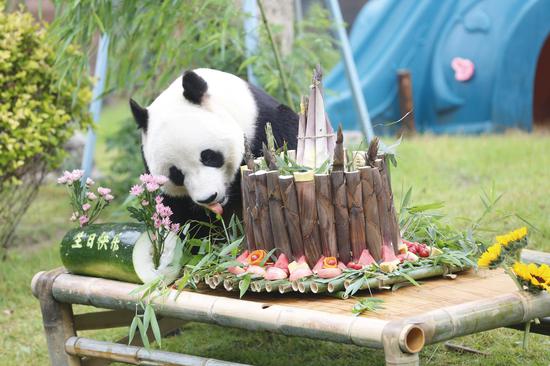


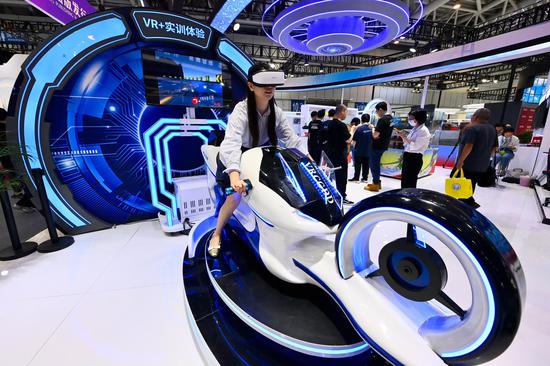
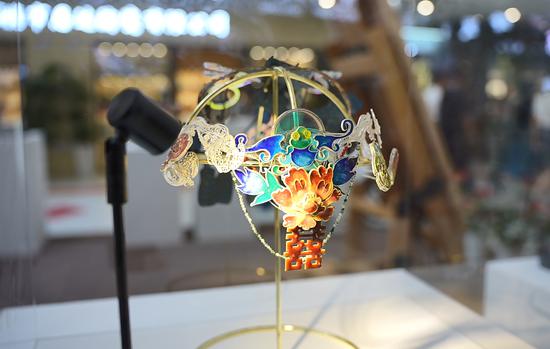
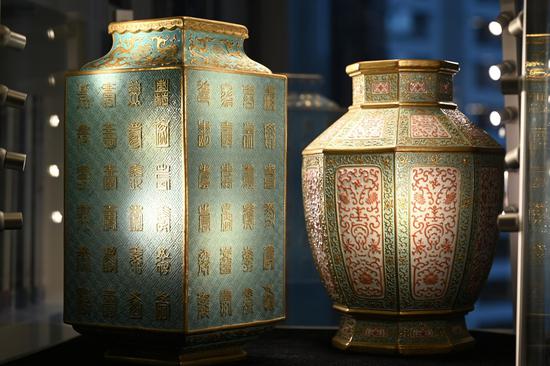
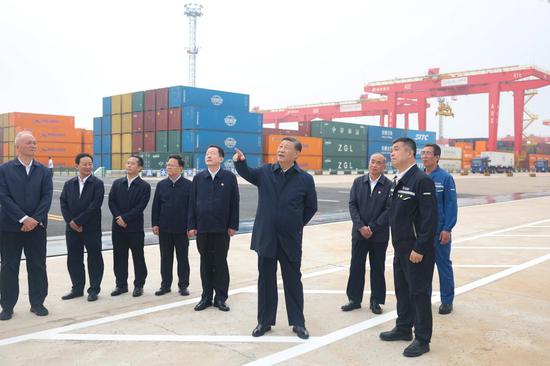

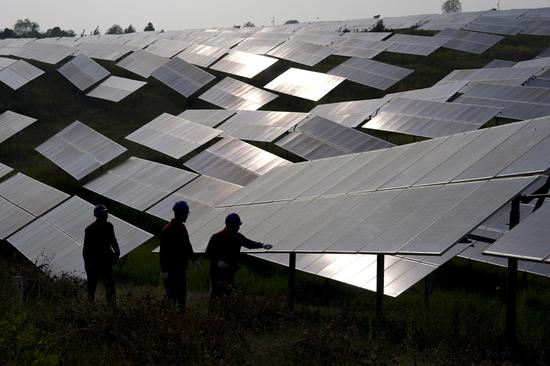
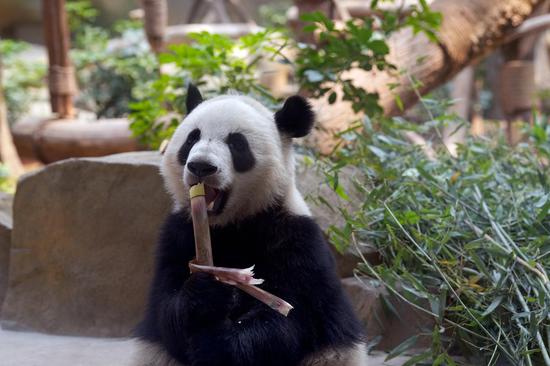
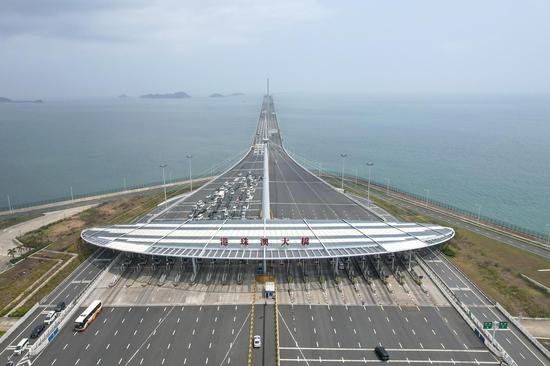
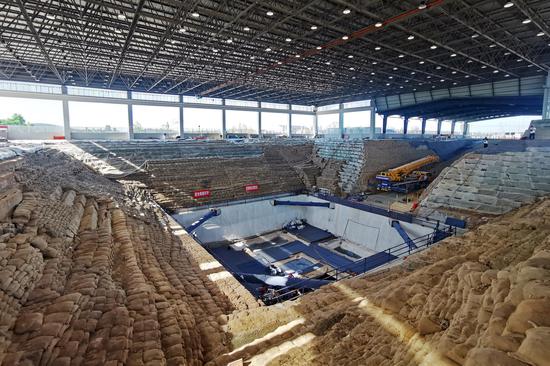
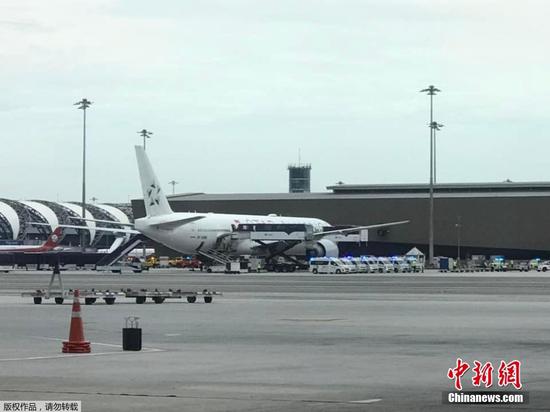






 京公网安备 11010202009201号
京公网安备 11010202009201号